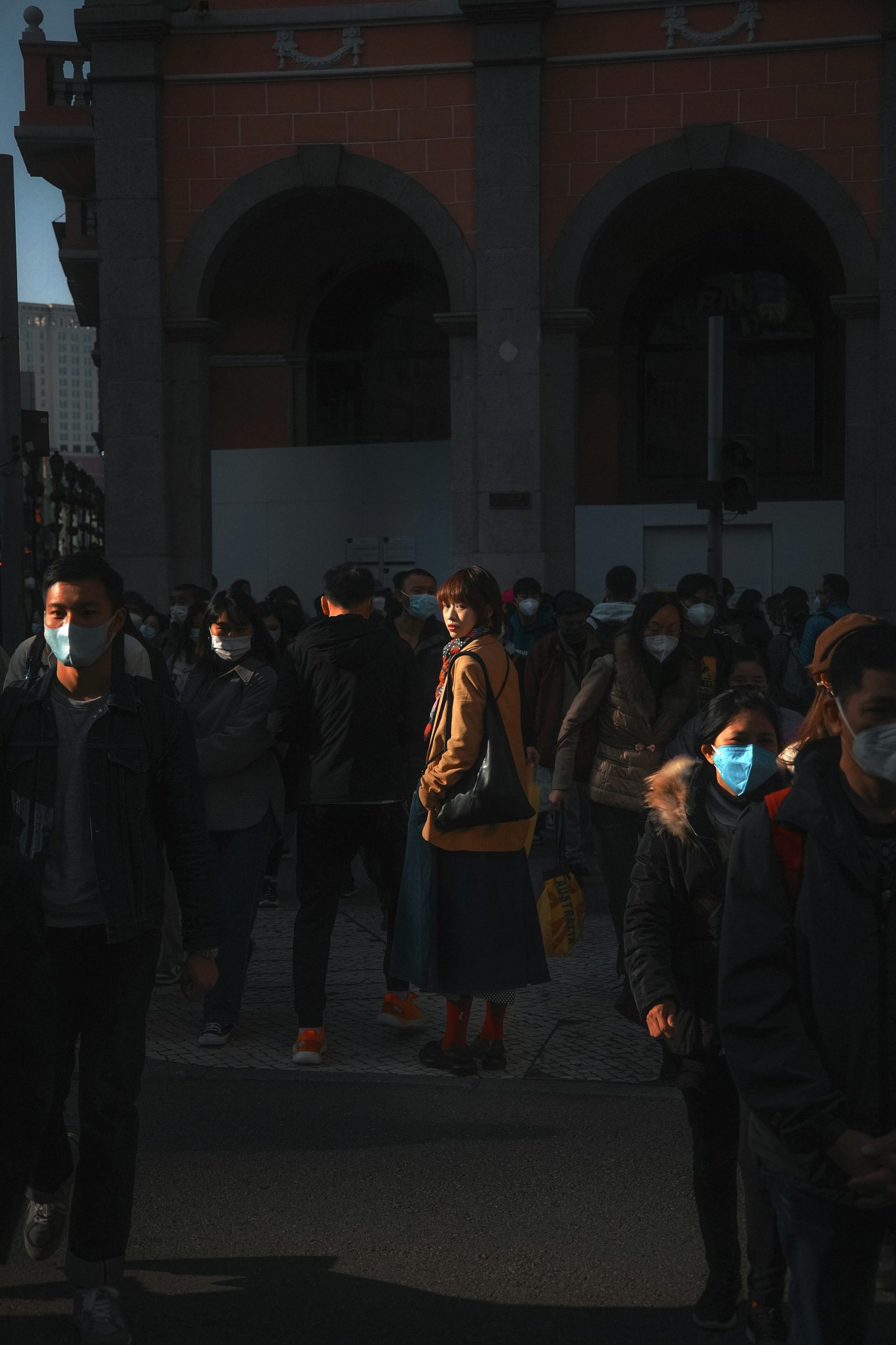When it comes to analysis of the horrific Grenfell Tower fire that took place three weeks ago, there is a clear dividing line. There are those of us, including Grenfell Tower survivors and local residents, who see culpability at every governmental level, and the fire as a culmination of not just bad policy but of profit-focused ideology, marketisation of the social housing sector, social cleansing in London, and race and class prejudice. Then there are those who see this purely as a matter of inadequate or badly implemented fire regulations. The latter view is reflected in the narrow set of questions outlined by the controversial chair of the Grenfell Tower inquiry, Sir Martin Moore-Bick.
Moore-Bick has stated the inquiry is likely to be restricted to issues related to how the fire started and spread, rather than examining wider issues about Grenfell Tower, the council, central government and the management and funding of social housing. BMELawyers4Grenfell, who are representing the views of the Grenfell survivors and local survivors, have already hit back to demand a wider inquiry.
A conversation that is so obviously deeply political has been dismissed as ‘political point-scoring’ by others. I agree that this isn’t about party politics, but that doesn’t mean that political decisions aren’t part of the story or that this conversation isn’t taking place in the context of deeply entrenched inequalities.
During Question Time last week, a panelist was booed when she stated that residents of Grenfell Tower were treated differently because of their income levels and colour. Do those booing really believe that people are treated equally regardless of class or race? After all, if it was simply an inadequate adherence to fire regulations that caused the fire, why have survivors and local residents been treated with so little compassion by the government and local councillors in its aftermath? Why were their demands to be involved in choosing a chair of the inquiry ignored? Are people choosing to ignore hard truths, or do they simply not see how these issues are linked?
Today, CLASS will hold an event with those involved in the Justice4Grenfell group in an effort to understand their experiences and what they think led to the horrific fire. This will help to link what happened at Grenfell to wider structural issues of inequality and a deeply prejudiced housing market. There may be no dots to join, but I doubt it. Mapping the different factors and understanding the complex drivers behind this event is an essential task. A public inquiry where the scope is set by survivors and local residents would do this work.
Take the accusation that councillors and building managers were more concerned with the exterior of the building than the interior. This attitude was much more likely to happen in an environment where the rich’s preferences are privileged and in a country where the working class are demonised and dehumanised.
Even if we only look at fire regulations, we cannot divorce this from persistent business lobbying to lower safety standards and cut so called ‘red tape’.
The Grenfell Tower inquiry cannot afford to just focus on one part of the story. If it insists on doing so, it will leave intact a system that will continue to reinforce the attitudes and inequalities that will allow heinous injustices like the Grenfell fire to happen again.
There is one piece of good news of course. The campaigning efforts of Justice4Grenfell are starting to rebalance power between politicians and the working class in their community – all power to them.

Your article helped me a lot, is there any more related content? Thanks!
Can you be more specific about the content of your article? After reading it, I still have some doubts. Hope you can help me. https://accounts.binance.com/register-person?ref=IXBIAFVY